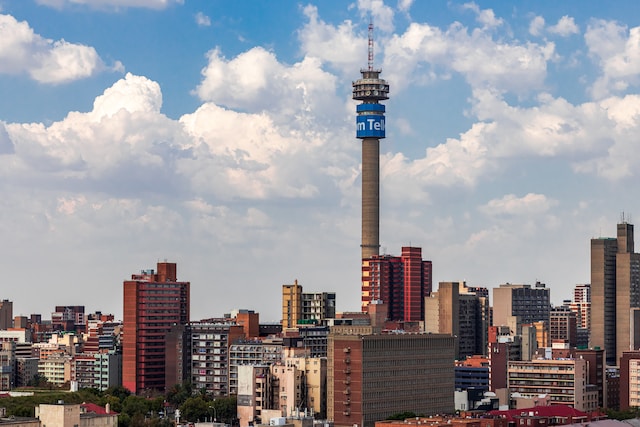The major organization in charge of overseeing and regulating Mali’s mining industry is the National Agency for the Management of Mining Titles (ANAM). It was created in 2012 as part of the government’s efforts to modernize and regulate the mining industry, which has long been a major source of income and international investment.

ANAM’s primary responsibilities include the management and issuance of mining titles, the oversight, and management of mining operations, as well as the collecting and distribution of mining-related revenue. They are also in charge of enforcing compliance with mining rules and promoting ethical and sustainable mining methods that are advantageous to both the nation and the surrounding community.
These other articles might interest you:
- Commercial Registry in Bahia
- Ministry of Foreign Affairs and the Worship Directory of Importers/Exporters in Argentina
A quick summary of the functions is provided below:
Management and issuance of mining titles
One of the main responsibilities of the board is the management and issuance of quarrying titles, which include exploration licenses, quarrying concessions, and artisanal quarrying permits. Their role in this process is to ensure that all applications are reviewed in a timely and transparent manner and that they comply with all applicable laws and regulations. The agency also conducts regular audits and inspections of quarrying operations to ensure that they are operating under their licenses and permits.
Monitoring and control of mining operations
Another important function of ANAM is the monitoring and control of quarrying operations. This includes ensuring compliance with environmental regulations, promoting the use of best practices in quarrying operations, and ensuring that local communities are not negatively impacted by quarrying activities. They work closely with other government agencies, such as the Ministry of Environment and Sustainable Development. This is to ensure that quarrying operations are conducted in an environmentally responsible manner.
Collection and distribution of revenues generated by mining activities
The distribution and collection of mining-related money fall under the purview of the agency. This covers the royalties, taxes, and other charges that quarrying corporations must pay. The agency ensures that these monies are raised in a transparent and accountable manner and used to support programs and activities that benefit both the nation and local communities.
Promoting sustainable and responsible mining practices
Together with performing these essential duties, ANAM is crucial in advancing ethical and sustainable mining methods. Along with supporting the use of local labor and resources to help economic growth in the mining regions. This also entails working with mining corporations to develop and implement sustainable quarrying methods that minimize their negative effects on the environment and nearby communities.
To achieve these objectives, the board works closely with a wide range of stakeholders, including quarrying firms, local communities, civil society organizations, and other government agencies. To help local people and government officials better understand the quarrying sector and their role in managing it, the agency also offers training and capacity-building initiatives.
ANAM confronts numerous difficulties despite the significant part it plays in the management and control of Mali’s quarrying industry. Insufficient institutional frameworks and governance structures, which can make it challenging to implement quarrying rules and regulations, are only a few of them. To advance sustainable and ethical mining practices, the agency must also negotiate the intricate and frequently conflicting interests of quarrying firms, local communities, and other stakeholders.
Conclusion
In summary, the National Agency for the Management of Mining Titles (ANAM) is essential to the management and control of Mali’s quarrying industry. Via its many responsibilities, ANAM is in charge of making sure that mining operations are carried out in a transparent and accountable that they support the nation’s sustainable development. The agency has a lot of obstacles, but the long-term success of the quarrying industry in Mali depends on its efforts to promote ethical and sustainable quarrying practices.





